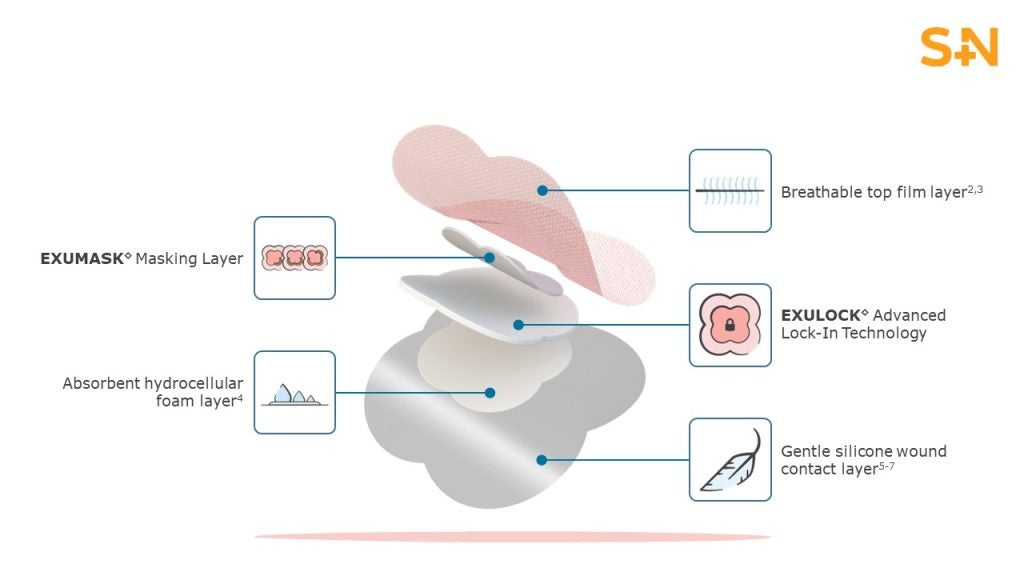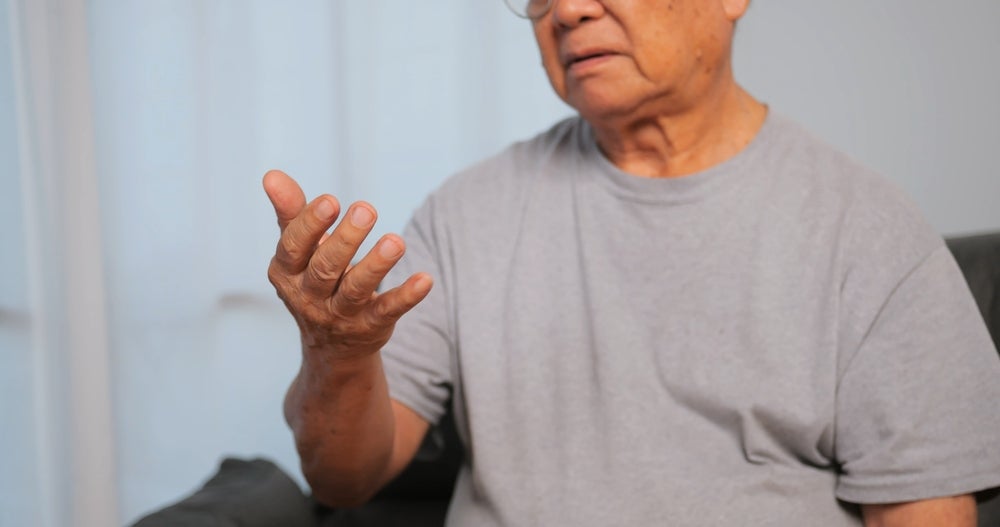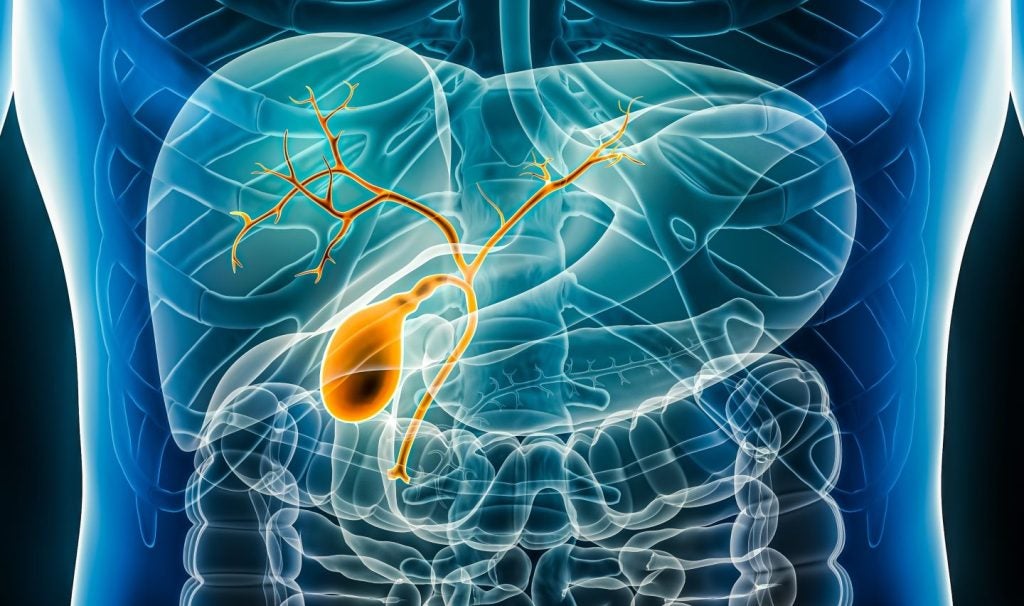
Omeros has reported that 80% of the critically ill subjects in the second cohort of its Covid-19 study of narsoplimab, recovered, survived and were discharged in Italy.
Narsoplimab inhibits mannan-binding lectin-associated serine protease 2, the effector enzyme of the lectin pathway of complement.
The trial was conducted in Bergamo, Italy, and enrolled subjects who were part of the second Covid-19 surge in the country.
In the study’s second cohort, ten subjects were given narsoplimab under compassionate use at ASST Papa Giovanni XXIII Hospital in the country between October last year and April this year.
The median age of the participants was 65 years and all the subjects received intravenous twice-weekly doses of narsoplimab with a median of six doses given.
The cohort, which comprised of 90% men, enrolled subjects with comorbidities or risk factors for a reduced outcome such as diabetes, cardiovascular disease or hypertension, overweight or obese and dyslipidemia.
How well do you really know your competitors?
Access the most comprehensive Company Profiles on the market, powered by GlobalData. Save hours of research. Gain competitive edge.

Thank you!
Your download email will arrive shortly
Not ready to buy yet? Download a free sample
We are confident about the unique quality of our Company Profiles. However, we want you to make the most beneficial decision for your business, so we offer a free sample that you can download by submitting the below form
By GlobalDataFurthermore, 80% of the participants had severe acute respiratory distress syndrome (ARDS) while 20% had moderate ARDS at the time of intubation or when admitted to the intensive care unit.
Preliminary results from the Italian cohort showed that narsoplimab treatment led to recovery, survival and discharge in 80% of subjects, with only two deaths reported.
The first death was reported in a 76-year-old man with complications of pre-existing cardiomyopathy and was given three doses of the treatment.
The second case was a man aged 68 years with multi-organ failure and had received narsoplimab after 13 days of intubation.
Omeros chairman and CEO Gregory Demopulos said: “A greater focus in the war against Covid-19 is now being placed globally on therapeutics, and we believe that narsoplimab can contribute meaningfully to that effort.
“Unlike other drugs for Covid-19, narsoplimab targets the inflammatory endothelial disease – a central driver across variants.”
Narsoplimab is being assessed in the I-SPY COVID-19 Trial, an adaptive platform for critically ill Covid-19 patients.
This trial is sponsored by Quantum Leap Healthcare Collaborative (QLHC) and partly funded by the US Biomedical Advanced Research and Development Authority.
Last month, QLHC concluded the enrolment in the icatibant arm of the I-SPY COVID Trial testing various agents in critically ill patients.







